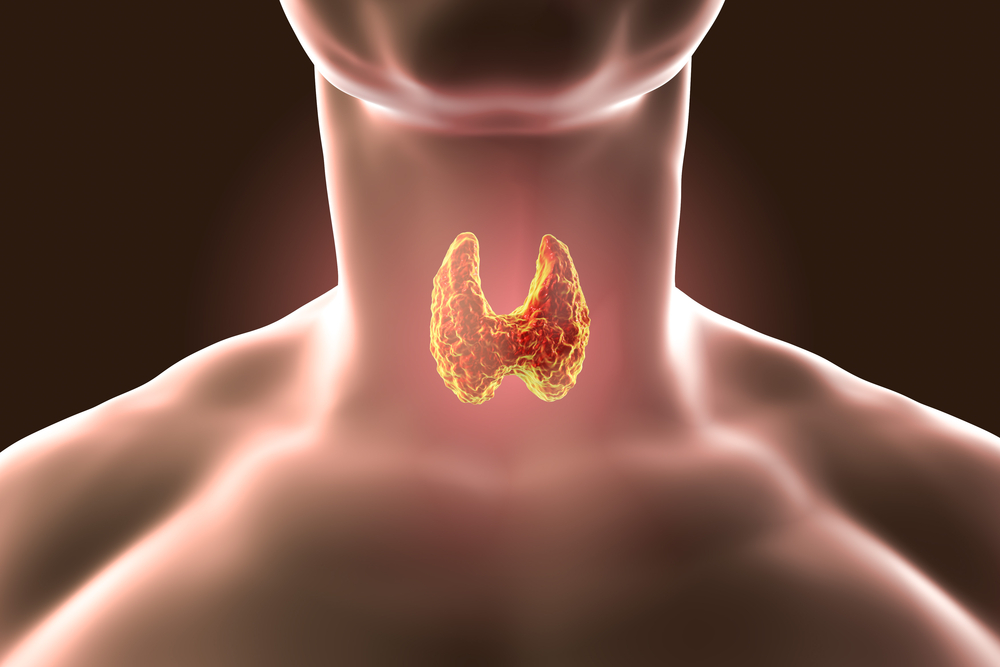The thyroid gland has long been considered the master gland and is well known for its ability to affect metabolism. When I order a TSH test I am trying to determine exactly how much of this hormone TSH is circulating in the blood. This provides me with information about how the thyroid and metabolism are working.
When the TSH level is high, it is producing too much “stimulating” hormone, which may indicate hypothyroidism. The converse to that is – if it produces too little, and the TSH level is low, then the thyroid is hyperactive.
Generally the TSH level is ordered depending on your symptoms. Though the “normal” range for TSH levels vary depending on the labs, the practitioners and individuals, in 2002, The American Association of Clinical Endocrinologists changed the range for TSH to be between 0.30 and 3.04. Generally most of us in the Functional Medical World think most women feel best when the TSH is at 2 or below.
If one of my patients is above 2.0 or if she is symptomatic of a thyroid disorder, I always try to understand the root cause. This often means more detailed testing, so I can gain a better understanding of how the thyroid and adrenals are functioning.
The thyroid is one of the master glands and is intimately connected to so many organs and systems in the body that dysfunction in other places, especially with the adrenals, may be at play.
For more information, read our many informative articles in our Thyroid Health and Adrenal Health sections of our Health Library.








